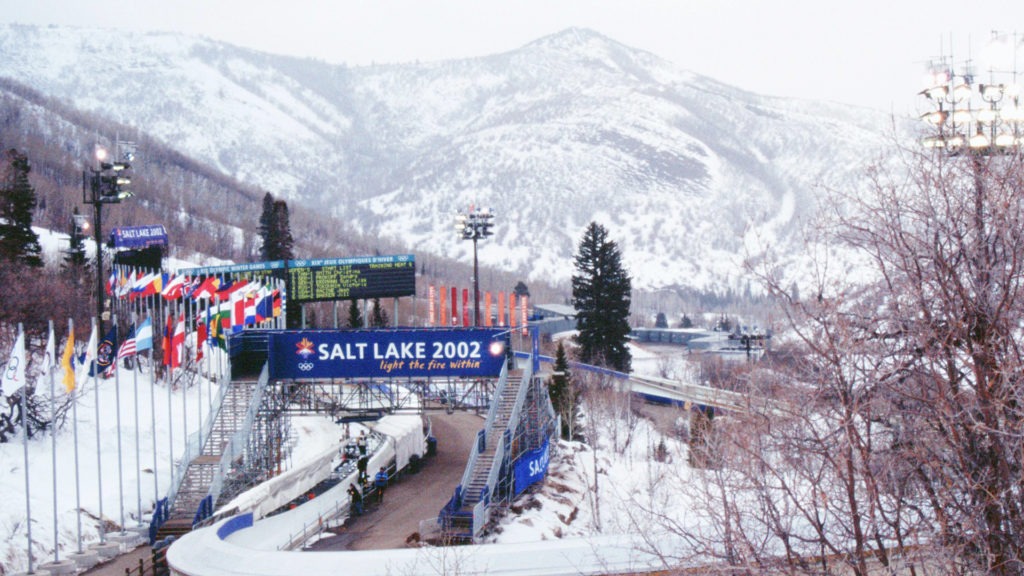The United States' women's teams enjoyed resounding success at the Atlanta 1996 Olympic Games, capturing the first-ever gold medals in women's soccer and softball, as well as winning gold in women's gymnastics team all-around and women's basketball.

The Salt Lake City 2002 Olympic Winter Games set attendance records for a Winter Games, selling more than 1.5 million tickets and attracting a daily average of more than 70,000 fans per day.
Norway’s 13 gold medals tied the Soviet Union in 1976 for most gold medals won in an Olympic Winter Games and Germany’s 36 total medals were an Olympic Winter Games record. Non-traditional sports such as Moguls, Aerials and Snowboarding emerged as popular sports. Athletes from 18 different nations won gold medals, including the first-ever Olympic Winter Games gold medals for China and Australia.

U.S. Olympic & Paralympic Museum offers parking in the adjacent Park Union District lot for $7.50 per-day. Metered parking is also available on Sierra Madre and Vermijo.
Subscribe now to keep up to date on Museum news and events!
Olympic Marks are used under license from the U.S. Olympic & Paralympic Committee. 36 U.S.C. 220506
Website development supported in part by a grant from the Colorado Tourism Office.